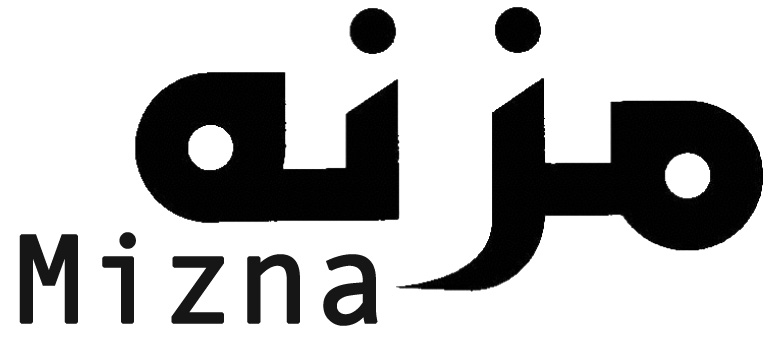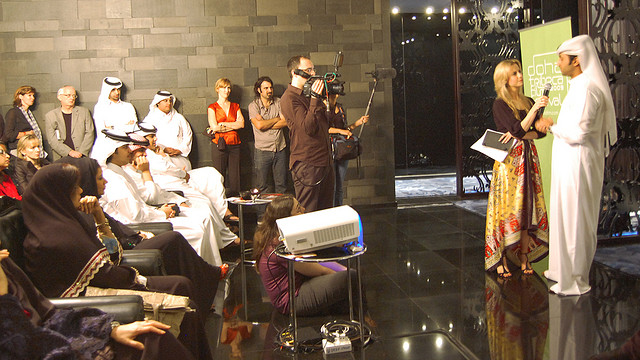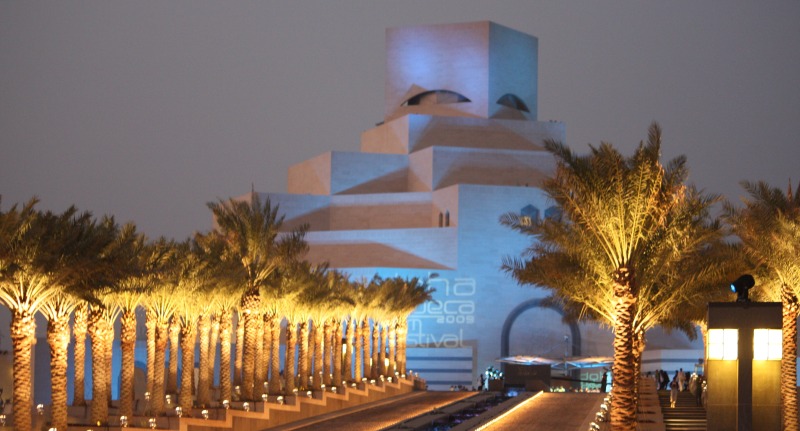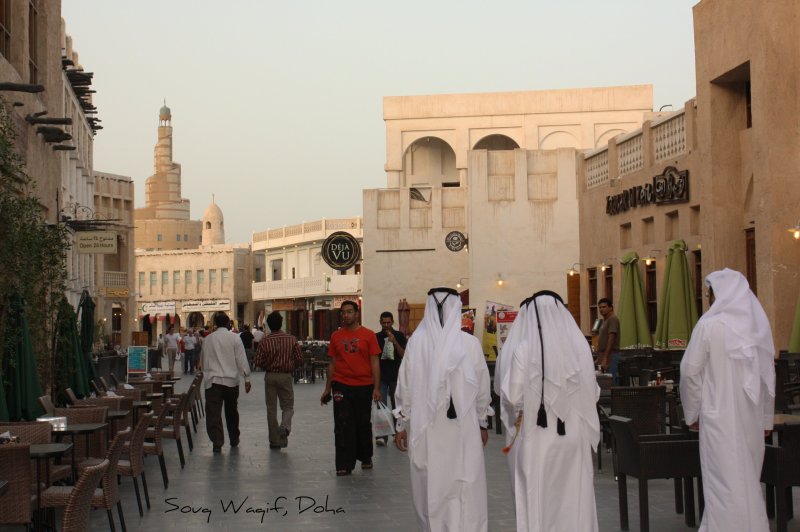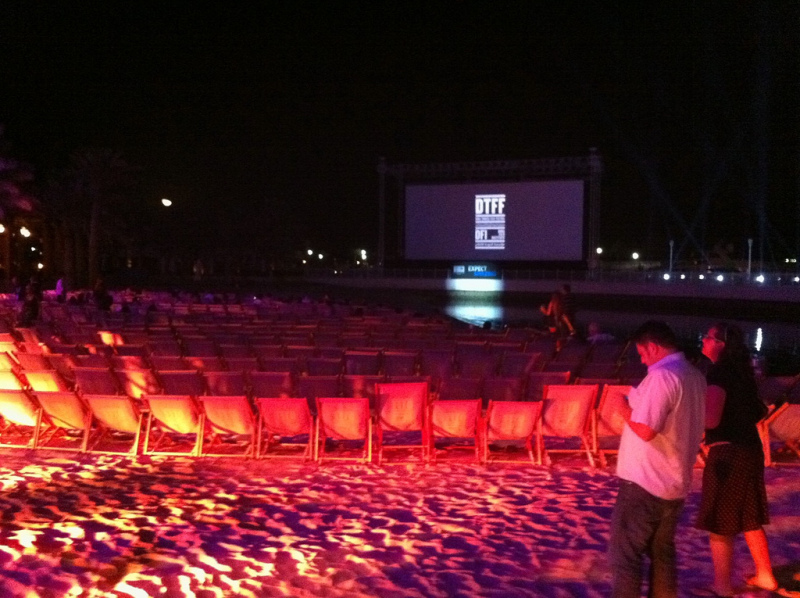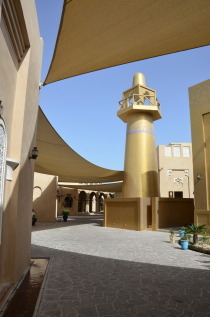The Forgotten (2012): An Unforgettable Short
 05-28-2013 | tagged
05-28-2013 | tagged  Doha Tribeca Film Festival,
Doha Tribeca Film Festival,  Ehab Tarabieh,
Ehab Tarabieh,  Syria,
Syria,  Syrian cinema,
Syrian cinema,  short film |
short film |  Post a Comment |
Post a Comment |  Email Article |
Email Article | 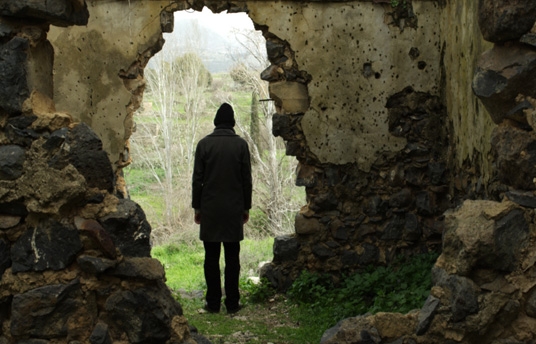 Achingly beautiful is The ForgottenA Palestinian has much to lament, but she may at least not lament the world’s forgetting about her grievance, even when people of the world refuse to acknowledge the injustice wrought upon her own. The dispossessed, displaced people of the Golan Heights can scarcely console themselves with international recognition for their plight. After all, I cannot recall the last time I read or saw a potent piece, of any sort, on the Golan, until I watched The Forgotten.
Achingly beautiful is The ForgottenA Palestinian has much to lament, but she may at least not lament the world’s forgetting about her grievance, even when people of the world refuse to acknowledge the injustice wrought upon her own. The dispossessed, displaced people of the Golan Heights can scarcely console themselves with international recognition for their plight. After all, I cannot recall the last time I read or saw a potent piece, of any sort, on the Golan, until I watched The Forgotten.
The Syrian Golan was occupied by Israel during the 67, resulting in the dislocation of 100,000 people. Israel then formalized its annexation of the territory in 81, a territory which has been settled by 20 thousand Israelis in over 30 settlements1. The Forgotten’s director Ehab Tarabieh was born to the Syrians who remained in the Golan and has determined and succeeded at creating a most evocative work.
There is a scene in The Forgotten that epitomizes one of the most magical moments that film can serve up to a viewer: that when a principle character and the viewer develop an epiphany concomitantly. In the case of the Forgotten, the moment occurs about a quarter of the way into the 21 minute film. In it, the much younger of the film’s two principle characters begins to care about the other—as does the viewer—when the older character experiences a sudden moment of great vulnerability.
Shot on location and boasting its artifacts—minefields, decrepit tanks and disused bunkers—the film is beautiful to behold. Painterly composition, earthly colors and overcast landscapes enrapture, while the spare, suspenseful story captivates. The shortage of dialogue makes sense, since one character is smuggler and the other smuggled. As such, the symbolism inherent in the older, smuggled character’s experience representing that of his people comes off not as heavy-handed but poetic and affecting. Fans of Tarkovsky will surely discern the influence.
I was chatting with a friend about the The Forgotten, when I mentioned that the smuggled character wanted to be forgotten. My friend retorted that the character more correctly did not wish to be found. Touché! The smuggled character preferred to go missing on his own terms than to be forgotten on the terms of others.
Notes:
1. "Golan Heights Profile." BBC News. BBC, 21 May 2013. Web. 28 May 2013 <http://www.bbc.co.uk/news/ world-middle-east-14724842>.
